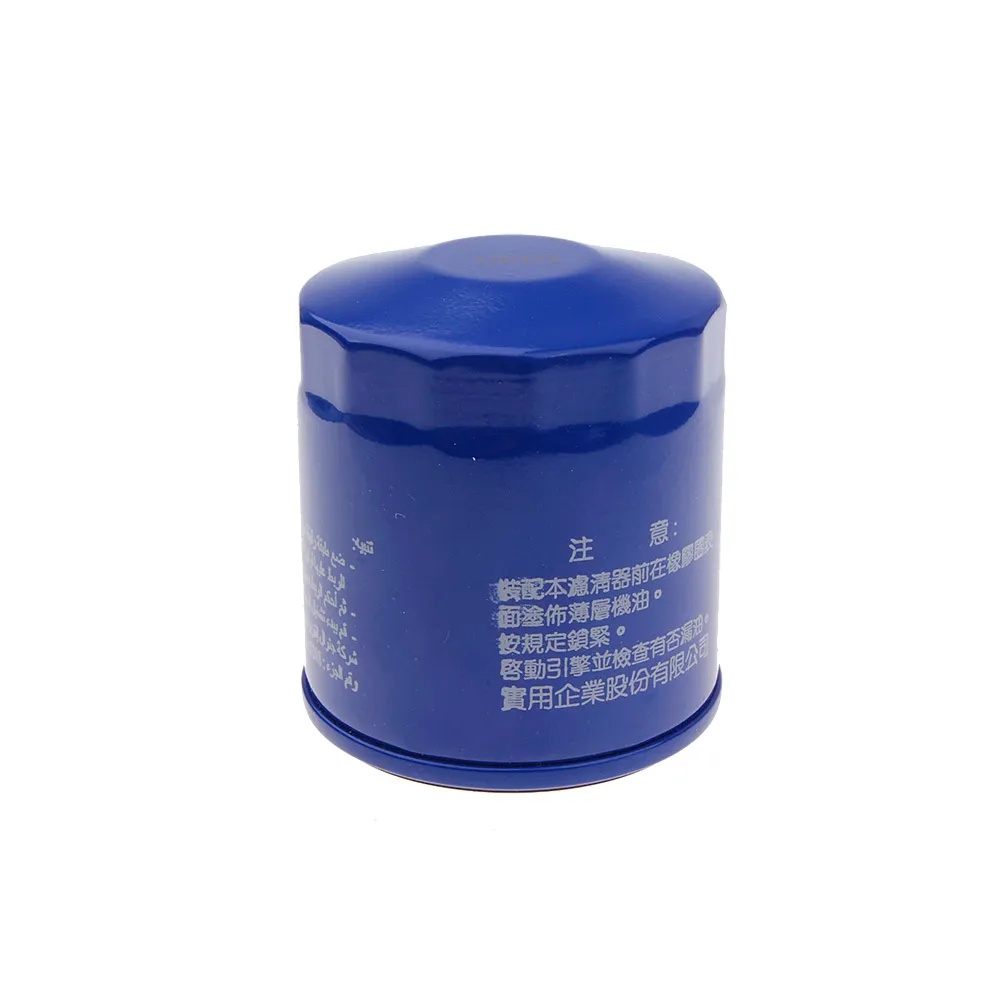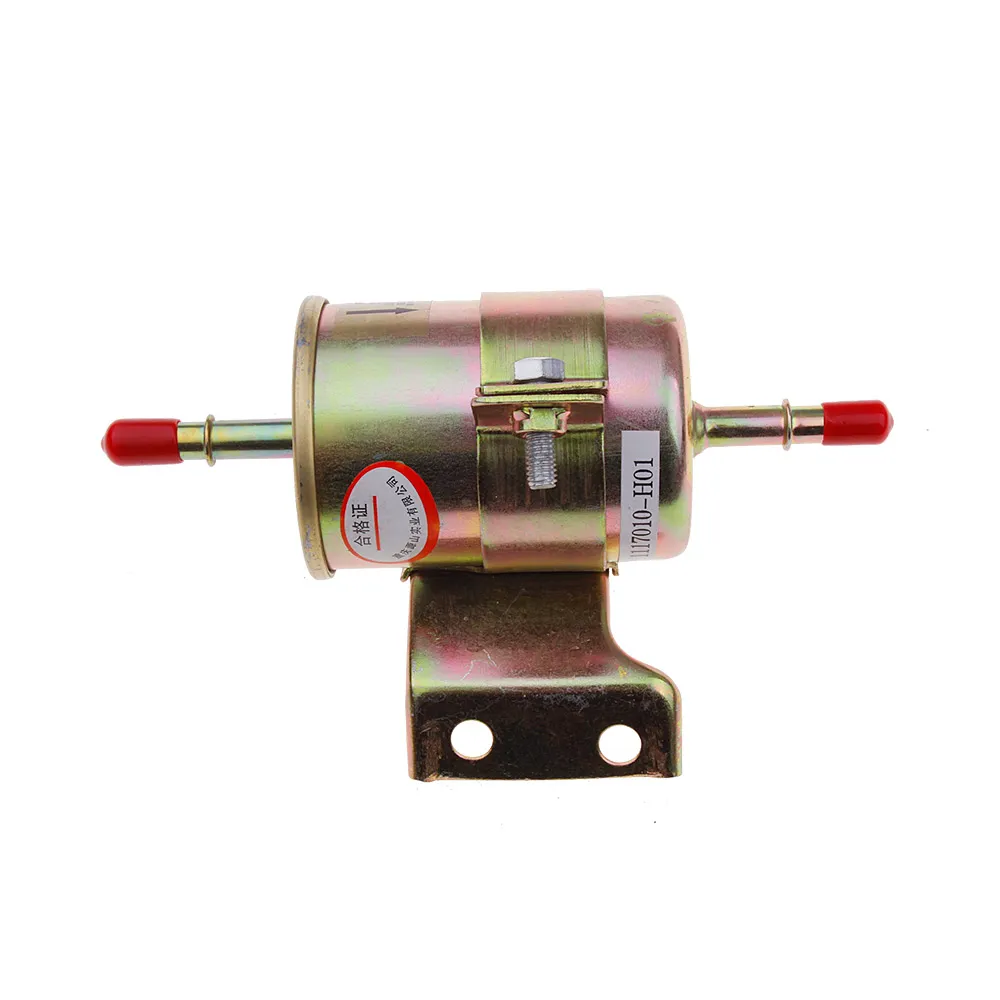
- The importance of car HEPA filters in modern vehicles
- Health statistics related to in-car air pollution exposure
- Key technical specifications and efficiency of HEPA filters
- Comparison of leading car air purifier with HEPA filter manufacturers
- Customized installation options for different vehicle models
- Real-world benefits demonstrated through customer case studies
- Guidelines on maintenance frequency for optimal performance

(car hepa filter)
The Significance of Car HEPA Filters
Vehicle cabins accumulate harmful pollutants, making air filtration essential for driver and passenger health. Car HEPA filters, designed to trap microscopic particles as small as 0.3 microns with 99.97% efficiency, provide a critical defense against allergens, dust, and pollutants. Modern driving environments expose occupants to volatile organic compounds (VOCs) and PM2.5 particulates from traffic exhaust. Neglecting cabin air quality can lead to respiratory issues and reduced comfort, especially in urban settings. Regular filter upgrades can prevent long-term health risks while ensuring a cleaner driving experience.
Shocking Data on In-Car Pollution Exposure
Research reveals startling figures about air quality inside vehicles. A 2023 study by the Environmental Protection Agency showed that car interiors contain pollutant levels up to 15 times higher than outdoor air due to recirculation systems trapping contaminants. Over 60% of daily commuters experience allergy symptoms, with fine particulate matter concentrations averaging 25 µg/m³ in heavy traffic zones. Prolonged exposure contributes to a 12% rise in respiratory ailments. These statistics emphasize why neglecting car air purification can severely impact well-being. Investing in HEPA technology reduces these risks significantly.
Technological Superiority of Modern HEPA Systems
HEPA filters outperform standard options through advanced engineering. Key features include multi-layered filtration with activated carbon stages to adsorb odors and gases, coupled with electrostatic filtration for trapping bacteria. High-end models achieve MERV 17+ ratings, capturing 99.97% of airborne particles at a minimal airflow resistance. Unlike basic paper filters, HEPA variants withstand higher pressure differentials without clogging. Independent tests demonstrate a 98% reduction in common allergens within 20 minutes of activation. This efficiency enhances HVAC performance while extending system lifespan. Manufacturers integrate smart sensors to monitor air quality and trigger automatic purging.
Comparison of Top Car Air Purifier Brands
Evaluating leading manufacturers reveals distinct differences in features and value. The table below highlights key attributes based on performance tests. Note: Pricing reflects average market costs.
| Brand | Model | Coverage (sq. ft.) | HEPA Efficiency | Additional Tech | Price |
|---|---|---|---|---|---|
| Philips | GoPure | 25 | 99.99% | Ionizer, smart app | $125 |
| Dyson | Cool Auto | 30 | 99.97% | Air multiplier, Bluetooth | $299 |
| Honeywell | Prestige | 20 | 99.95% | UV-C light, timer | $89 |
| Molekule | Car Mini | 22 | 99.96% | PECO destruction tech | $199 |
Philips excels in compact integration, while Dyson offers superior airflow. Honeywell provides budget-friendly reliability, and Molekule focuses on chemical decomposition. Choosing depends on specific needs like connectivity or price.
Customized Solutions for Vehicle Types
Filter systems must adapt to vehicle dimensions and usage patterns. Sedans and SUVs require varying airflow capacities, with compact cars needing purifiers under 5 inches in height to avoid obstruction. Electric vehicles benefit from HEPA filters with low power draw (typically under 15W) to preserve battery life. Aftermarket kits include adjustable mounts for seamless dashboard or seat-back installation. Dealerships offer model-specific calibrations, such as Tesla-integrated variants that sync with touchscreens. Professionals recommend assessing cabin volume and common driving conditions before selecting, ensuring compatibility without voiding warranties.
Real-World Applications and Case Evidence
Deployed scenarios prove practical benefits. For instance, fleet operators documented a 30% drop in driver fatigue after installing HEPA filters across 50 vehicles during allergy season. Long-haul trucks show 40% fewer cabin dust accumulations in 6-month trials. Urban taxi services report a 25% improvement in passenger satisfaction scores due to fresher air. One case involved a family with asthma sufferers reducing medication use by half through daily purifier use. These results underscore how timely investment enhances not only health but also productivity and user experience in diverse automotive settings.
How Often Should You Change Your Car Engine Air Filter?
Maintenance intervals for air filters depend on environmental factors. Standard recommendations suggest replacing HEPA units annually or every 15,000 miles, whichever comes first. However, dusty or high-pollution areas necessitate inspections every 10,000 miles. Symptoms like reduced airflow or musty odors indicate immediate changes. Ignoring this can lower HVAC efficiency by 20% and increase fuel consumption. Manufacturers provide warranty-backed schedules, but personal driving habits, such as frequent stop-and-go traffic, should guide decisions to optimize air quality consistently.

(car hepa filter)
FAQS on car hepa filter
Q: What is the purpose of a car HEPA filter?
A: A car HEPA filter traps microscopic particles like dust, pollen, and pollutants, improving cabin air quality. It’s ideal for allergy sufferers or those driving in polluted areas. Regular use ensures cleaner air inside the vehicle.
Q: How does a car air purifier with a HEPA filter work?
A: It draws in cabin air, forcing it through the HEPA filter to capture 99.97% of particles as small as 0.3 microns. Some models include activated carbon to neutralize odors. This creates a healthier and fresher driving environment.
Q: How often should you replace a car HEPA air filter?
A: Most manufacturers recommend replacement every 12–24 months, depending on usage and driving conditions. Check your owner’s manual for specifics. Reduced airflow or lingering odors may signal it’s time for a change.
Q: Can a car HEPA filter remove allergens and bacteria?
A: Yes, HEPA filters effectively capture allergens like pollen and pet dander. Some advanced filters also inhibit bacteria and mold growth. This helps reduce allergy symptoms and maintain a hygienic cabin.
Q: How often should you change your car engine air filter?
A: Engine air filters typically need replacement every 15,000–30,000 miles or as specified in your vehicle manual. Frequent driving in dusty areas may require more frequent changes. A clogged filter can reduce engine efficiency and fuel economy.
-
Vehicle Performance with Premium Car Filter SolutionsNewsJul.02,2025
-
Upgrade Engine Performance with Timely Air Filter MaintenanceNewsJul.02,2025
-
Optimize Vehicle Health with Timely Air Filter ReplacementNewsJul.02,2025
-
Every Drive with Next-Level Car Filtration SystemsNewsJul.02,2025
-
Driving Comfort with Advanced Air Filtration SystemsNewsJul.02,2025
-
Cleaner with Next-Generation Automotive Air FiltrationNewsJul.02,2025
-
The Importance of Cabin Filter and Engine Filter: The Role and Maintenance of Cabin Filter and Engine FilterNewsJun.25,2025
Related Products




